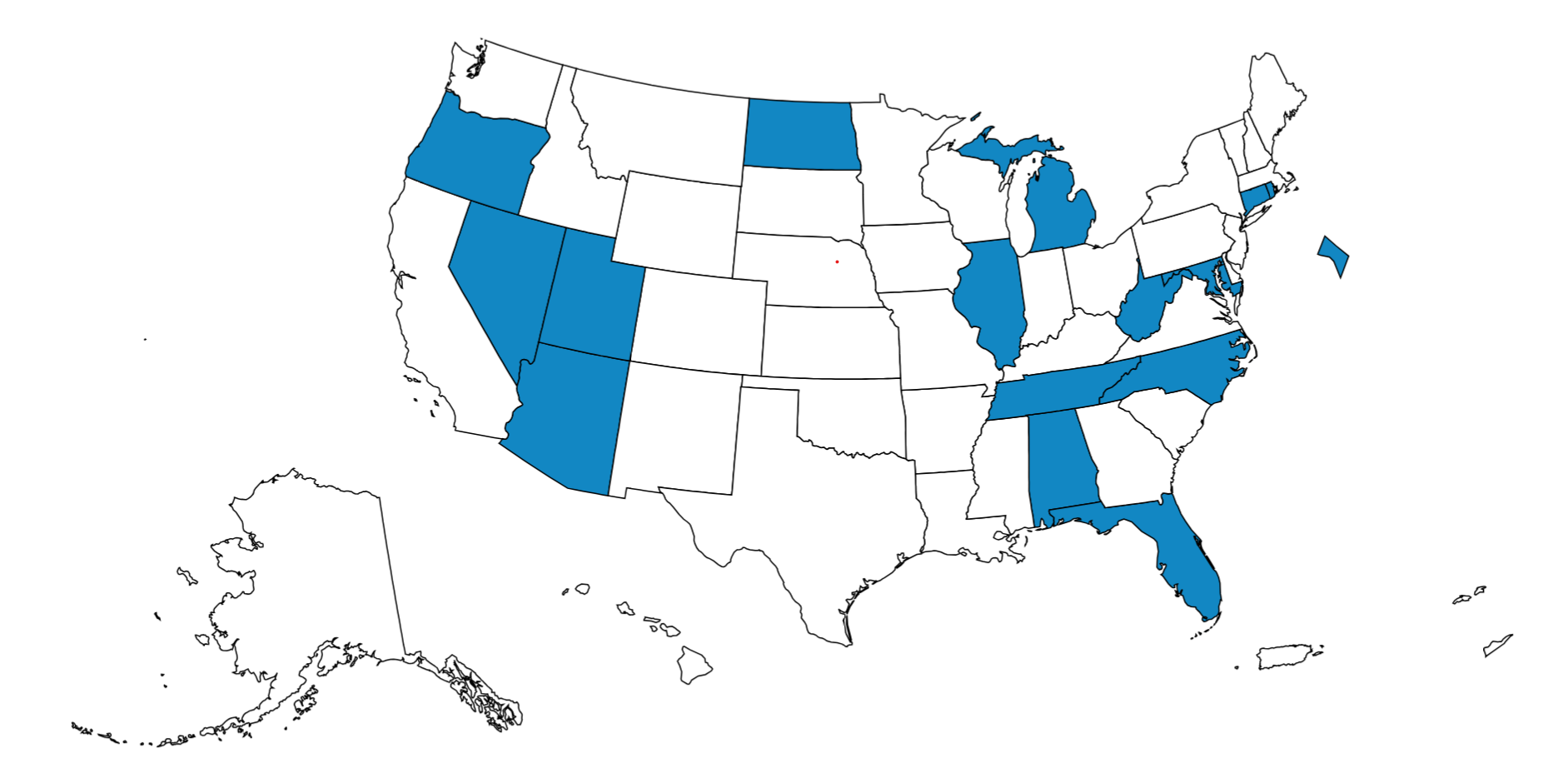A Practical Guide for Illinois Commercial Tenants
If you’re renting space in a commercial building and you’ve just been told the property is “in receivership,” you might be wondering: What does that mean for me? Do I still pay rent? Can I get kicked out?
Take a breath — you’re not alone, and this situation is more common than you think, especially when landlords fall behind on mortgage payments.
In Illinois, receivership is governed by 735 ILCS 5/15-1704 (that’s part of the Illinois Mortgage Foreclosure Law), and while it sounds scary, you still have rights — and options. Here’s a simple breakdown of what to do (and what to avoid) if you find yourself caught in the middle.
Understanding the Role of a Receiver
As the court-appointed receiver in Illinois, I understand that the term “receivership” can raise questions and uncertainty—especially for tenants who are focused on running their businesses, not navigating legal proceedings. My role, authorized by the Illinois Mortgage Foreclosure Law (735 ILCS 5/15-1704), is to maintain the property, preserve its value, and ensure the continued operation of its essential functions while the foreclosure process is underway.
I want to provide clarity on what this means for you as a tenant, what changes you may see, and what steps you should take to stay in good standing and protect your business interests during this time.
As a receiver appointed by the court, I temporarily step into the shoes of the property owner to manage the day-to-day operations. This includes:
- Collecting rent and common area maintenance (CAM) charges
- Coordinating property maintenance and repairs
- Managing service contracts (e.g., janitorial, HVAC, landscaping)
- Addressing tenant concerns and preserving lease obligations
- Complying with all relevant court orders and reporting requirements
Importantly, my appointment does not void your lease or terminate your tenancy.
What Should Tenants Do
1. Continue Paying Rent Promptly
Rent remains due and payable during receivership. You will receive formal notice with updated payment instructions, including where and how to remit rent. Please follow these instructions carefully to avoid inadvertent nonpayment. If you have any questions about payment, contact the management team or the designated point of contact immediately.
2. Maintain Compliance with Lease Terms
All terms of your lease remain in effect unless specifically modified by court order or through proper negotiation. This includes maintenance responsibilities, use restrictions, insurance obligations, and any requirements related to subleasing or alterations. If you are unclear on any aspect of your lease, please refer to the lease agreement or consult with your attorney.
3. Communicate Professionally and Proactively
If you experience service issues, have repair requests, or wish to discuss any aspect of your lease, please reach out. Timely communication helps avoid misunderstandings and ensures that your needs are addressed efficiently. My role is not to disrupt your operations, but to maintain stability throughout this process.
4. Keep the Property in Good Order
Just as the receiver is responsible for the common areas and structural integrity of the building, tenants are expected to continue maintaining their leased premises in accordance with lease terms. If you notice issues in shared spaces or have concerns about safety, cleanliness, or building systems, report them promptly.
5. Cooperate During Site Visits and Management Transitions
Receivership often requires site visits, inspections, or changes in vendors and service providers. Receiver will work to minimize disruption, but your cooperation during these transitions is appreciated.
Common Misunderstandings
Receivership is not the same as bankruptcy or property seizure. Your lease is not automatically canceled, and there is no immediate change to your legal status as a tenant. You have a right to continue occupying your space, subject to the terms of your lease.
Receivership does not mean the property is shutting down. Quite the opposite. The court has appointed a receiver to ensure continued operations and stabilize the asset while foreclosure proceedings are pending.
What Tenants Should Avoid
- Do not stop paying rent without consulting legal counsel. Nonpayment can place your lease in default.
- Do not ignore written notices from the receiver or management company. These are legally binding communications authorized by the court.
- Do not make assumptions about the future of the property or your lease. Foreclosure proceedings can take many months, and any transfer of ownership will follow proper legal procedures.
Final Thoughts
My role as receiver is to provide professional management and operational continuity during this transitional period. A receiver is not appointed to interfere with tenant’s business, but to protect the property’s value and ensure that essential services continue. A well-maintained, fully leased building benefits all parties involved.
If you are a tenant with questions about your lease, services, or obligations, I encourage you to reach out to your attorney. If you are a lender or lender’s legal representative interested in discussing a potential receivership appointment, I am available to assist.
By: Arthur R. van der Vant, Illinois Receiver











